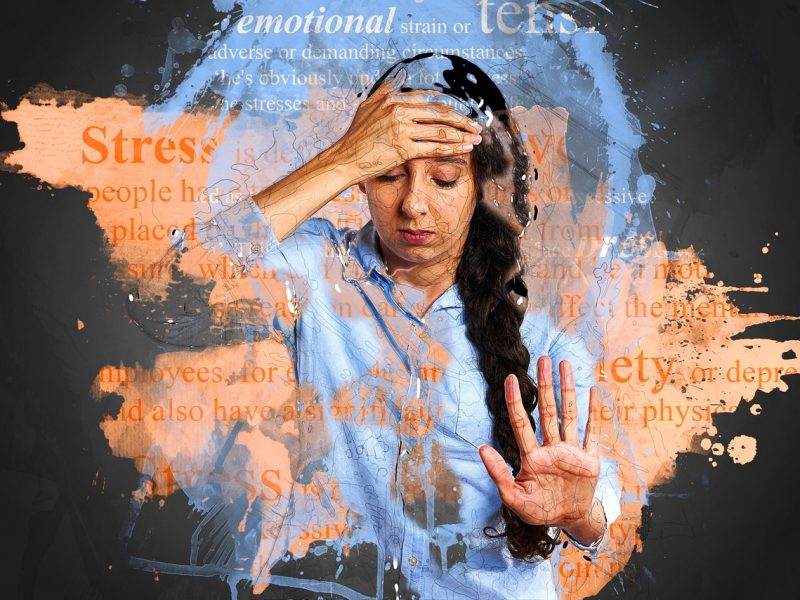Cognitive behavioral therapy (CBT) has long been used to treat mental health issues, but in recent years it’s become one of the most popular therapies in Texas. It’s easy to see why. CBT can help with various conditions, from depression and anxiety disorders to eating and substance use disorders.
What Is Cognitive Behavioral Therapy?
CBT is a form of psychotherapy that focuses on changing negative thinking and behavior patterns. CBT is typically a short-term therapy that is goal-oriented and structured. It has been shown to be effective in treating various mental health conditions, including anxiety, depression, and post-traumatic stress disorder (PTSD).
CBT is usually structured, with sessions that involve a collaboration between the therapist and the client. The therapist helps the client identify and understand their negative thinking patterns, and together they work on developing strategies to change those patterns. These strategies may include cognitive restructuring, behavior activation, and developing problem-solving skills.
It can be delivered in individual or group settings, and in some cases, it may also be adapted for online or self-help formats. It’s important to note that while CBT can be highly effective for many individuals, it may not be the best fit for everyone. Each person’s situation is unique, and it’s essential to consult with a qualified mental health professional to determine the most appropriate treatment approach.
The Growing Adoption of CBT in Texas
CBT was developed by Aaron Beck and Albert Ellis in the 1960s and 1970s, respectively. The two psychologists believed that distorted or inaccurate thoughts caused emotional problems. They also believed therapy could change these thoughts if they were identified correctly and challenged with more realistic alternatives.
CBT is growing in popularity. It’s being used to treat various conditions, including mental health disorders, physical health conditions, and substance use disorders. According to Zencare, CBT is one of the most common therapies used in Texas.
It is performed by many therapists in Texas, and you can easily book an appointment for the same. The best part is that it is effective for multiple mental health problems.
How to Find the Right CBT Therapist in Texas
According to data, approximately 80% of Texas counties have a shortage of Mental Health Professionals. The government is trying its bit to increase resources. Due to the low numbers, it can be difficult to find the right therapist in Texas.
The best way to find a Texas therapist is by asking friends and family for recommendations and searching online for those who specialize in your particular issue. Also, look for therapists who are licensed, experienced, and have good reputations.
Mental Health Conditions CBT Can Help With
Cognitive behavioral therapy is an effective and evidence-based treatment for various mental health conditions. Here are some of them.
Anxiety Disorders
Anxiety disorders and depression are the most common mental health condition in the United States, but the rates in Texas are even higher. A report by Kaiser Family Foundation shows that 36.8% of adults report anxiety and depression in Texas, which is higher than the national average of 32.3%. In fact, even suicidal behavior among students has increased by 40%.
CBT is a proven treatment for anxiety disorders like panic attacks and phobias. It can help people with these conditions learn how to manage their symptoms and overcome fears or worries that keep them from leading normal lives.
CBT focuses on teaching people skills to cope with their symptoms rather than just taking medication or discussing their problems. The goal is for you to learn how to recognize when you’re feeling depressed so that you can change your thinking patterns before they become problematic.
Post-Traumatic Stress Disorder (PTSD)
CBT can help you understand the causes behind your trauma-related symptoms and develop skills to manage them.
Cognitive behavioral therapy helps patients better understand their traumatic experiences through various exercises that focus on identifying thoughts, feelings, and behaviors associated with these experiences.
These exercises may include journaling or discussing one’s traumatic event in detail with a therapist or support group member. They might also involve learning relaxation techniques or mindfulness practices that promote acceptance rather than avoidance. CBT-I, combined with IRT and ERRT, can significantly reduce the symptoms of PTSD.
Eating Disorders
Cognitive behavioral therapy is an effective treatment for eating disorders. Texas state rep. Shelby Slawson introduced a bill to protect minors who use digital platforms, promoting thin figures. These misrepresentations have led to a surge in eating disorders.
CBT can help people with eating disorders manage their symptoms and behaviors, learn how to manage their emotions, and make healthy choices. It can be used in the treatment of bulimia nervosa (BN), binge-eating disorder (BED), and anorexia nervosa (AN). CBT focuses on helping individuals understand how they think about themselves and others, which may contribute to their eating disorder symptoms.
Through this process, they learn how to change their thoughts to change their behaviors that contribute toward an unhealthy relationship with food or weight loss attempts.
Substance Use Disorders
Data shows that alcohol is the third highest cause of preventable death in the United States, after tobacco addiction and malnutrition. 14.5 million people aged 12 or older have alcohol abuse disorder.
However, there’s a relief when it comes to drug overdose. According to the Kaiser Family Foundation’s report, deaths due to drug overdose in Texas is only 16.8 per 100,000 people, around half the national average of 32.4.
CBT may help you to understand how your reaction to a situation affects your feelings and behavior. For example, if someone cuts you off on the road and makes you angry, rather than getting angry at them or yourself, CBT might teach you to recognize that it’s normal for people in this situation to feel angry. Once you understand your reactions better, you can develop strategies for dealing with them.
Conclusion
Cognitive behavioral therapy is a powerful tool for treating mental health disorders, and it’s becoming more and more accessible in Texas. If you or someone you know suffers from the conditions listed above, CBT may help them overcome their struggles.


